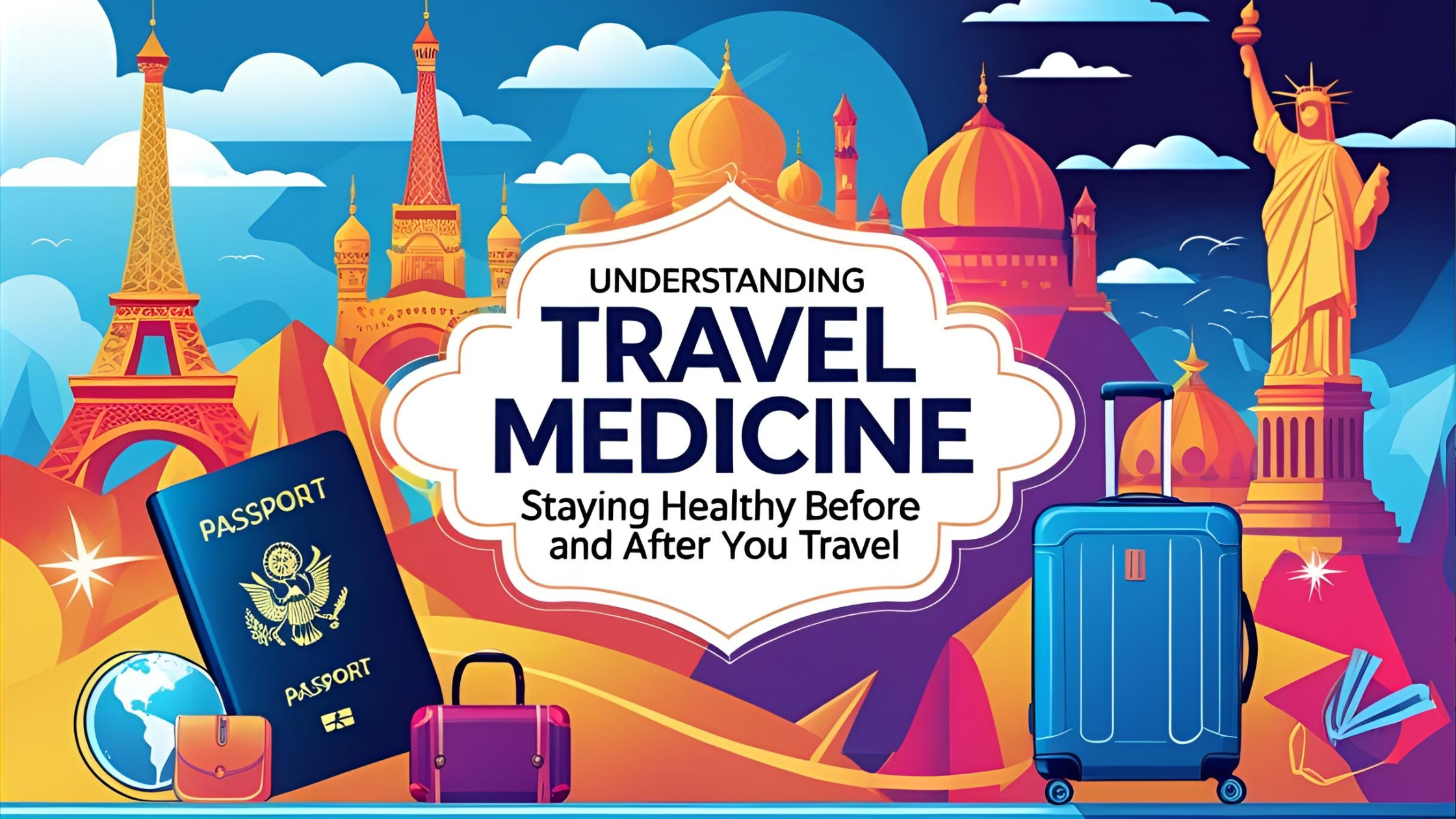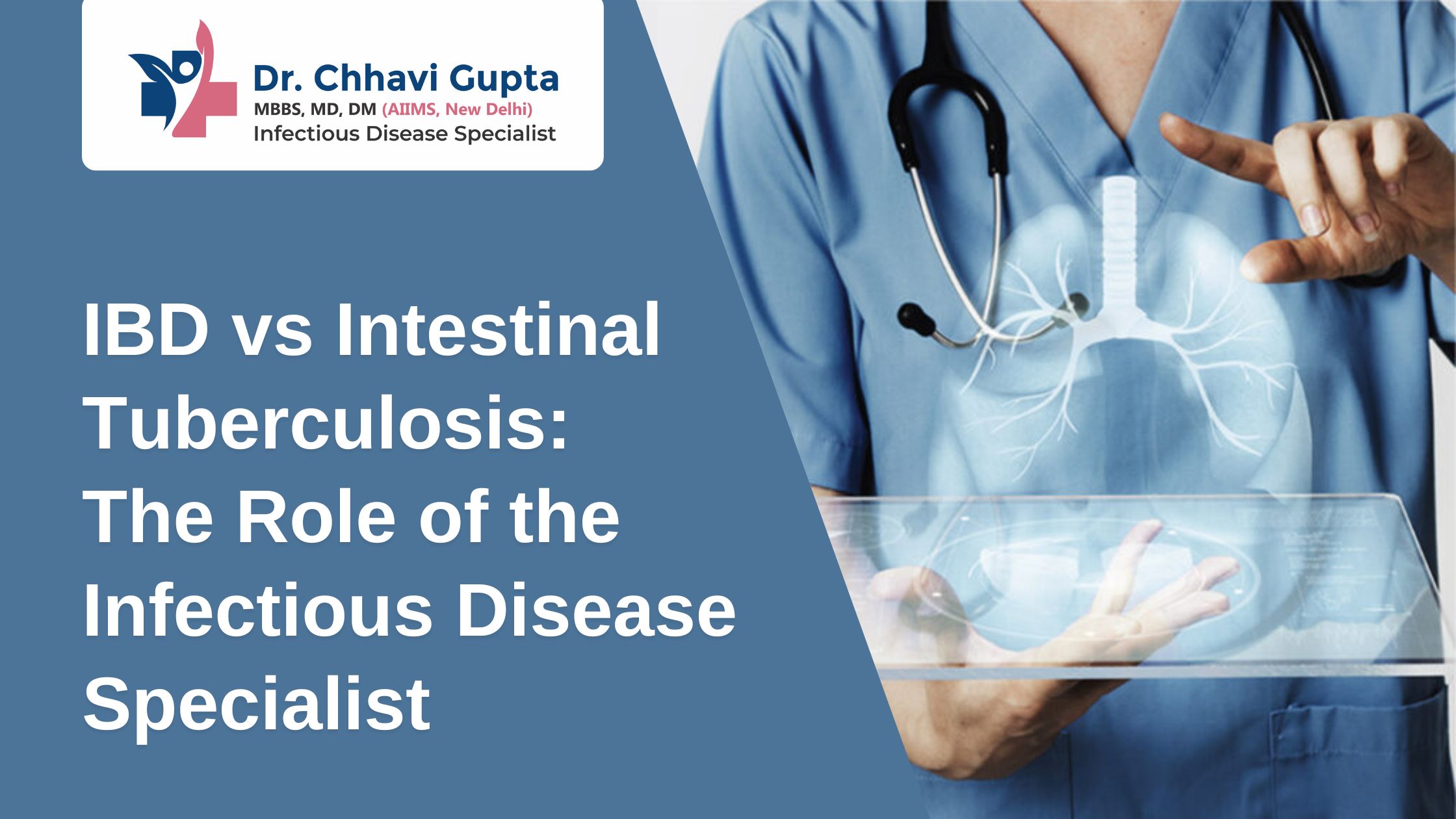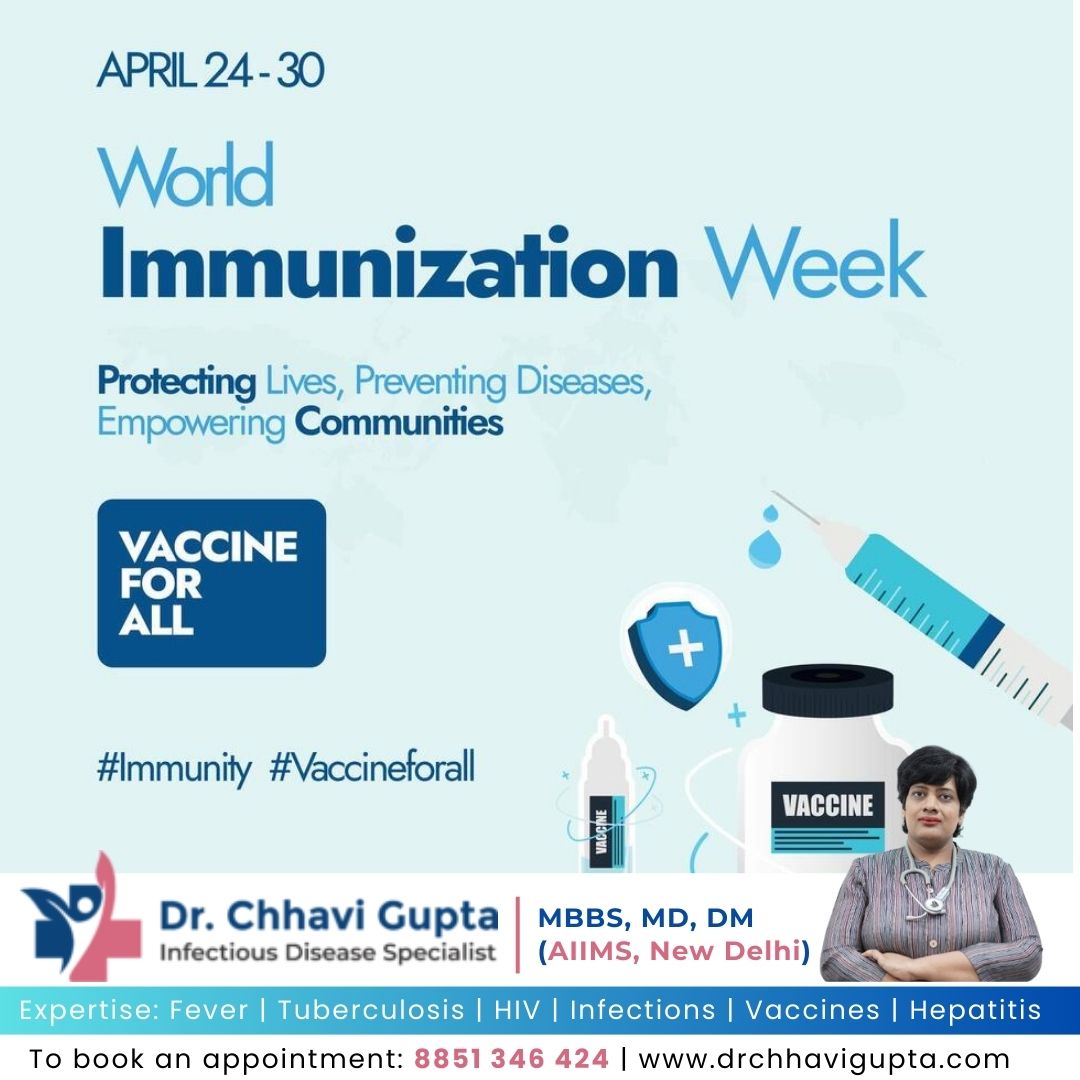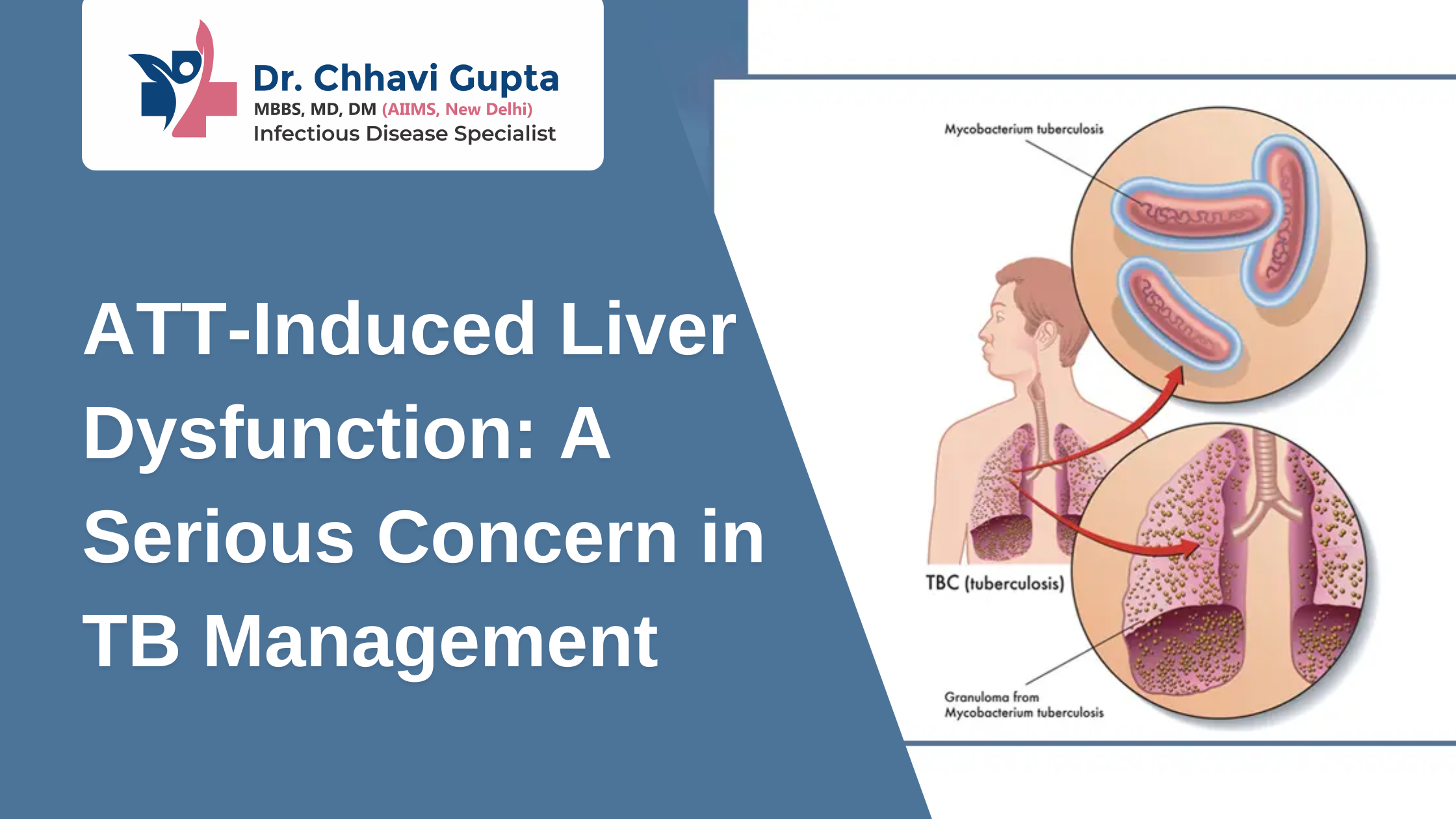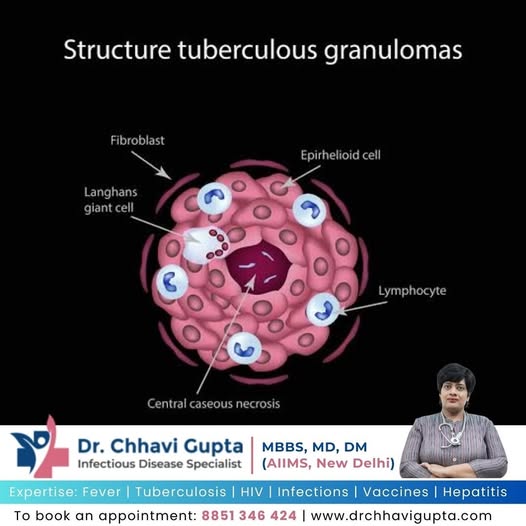Understanding Post-Viral Fatigue: A Hidden Struggle After Infections
Have you or someone you know felt extreme tiredness and weakness even weeks after recovering from an infection like COVID-19, dengue, or the flu? This prolonged exhaustion might not be just stress or lack of sleep – it could be post-viral fatigue syndrome.
What is Post-Viral Fatigue?
Post-viral fatigue is a lingering sense of tiredness, muscle weakness, and cognitive issues that can follow a viral infection. Unlike normal tiredness, this fatigue doesn’t go away with rest and can significantly impact your daily life.
- It may appear days or even weeks after recovery.
- Symptoms can fluctuate and last for weeks to months.
- It affects people of all ages.
Common Symptoms:
- Constant exhaustion despite sleeping well
- Difficulty concentrating or memory issues (‘brain fog’)
- Muscle and joint pain
- Headaches
- Mood swings or depression
- Sleep disturbances
Why Does It Happen?
While the exact cause is still being studied, post-viral fatigue may result from:
- The immune system overreacting and remaining active post-infection
- Persistent inflammation in the body
- Hormonal imbalances
- Nerve or tissue damage from the original infection
Who Is at Risk?
While anyone can experience it, some people are more vulnerable:
- Those who had a severe viral infection
- Individuals with pre-existing chronic illnesses
- Patients who didn’t rest enough during recovery
- People under constant stress
Management and Recovery:
There is no single treatment, but a holistic approach can help:
- Pace Yourself: Don’t push your limits. Spread out tasks over the day.
- Rest Wisely: Take short breaks and naps when needed, but avoid oversleeping.
- Gentle Movement: Light activities like walking or yoga can improve stamina over time.
- Eat Balanced Meals: Nutritious food supports immune recovery.
- Stay Hydrated: Proper hydration aids cellular repair.
- Mental Support: Don’t hesitate to seek psychological help if needed.
When to See a Doctor?
👉 If fatigue lasts more than 4-6 weeks
👉 If it interferes with your ability to work or function
👉 If it is accompanied by unusual symptoms like chest pain or shortness of breath
Early intervention can improve outcomes.
Final Thoughts:
Post-viral fatigue is real and needs attention, not ignorance. The road to recovery might be slow, but with support and patience, it’s possible to regain your energy and well-being. Spread awareness, be kind to your body, and don’t ignore the signs!
👩⚕️ Dr. Chhavi Gupta
MBBS, MD, DM (AIIMS, New Delhi)
Senior Consultant – Infectious Diseases
📍 Yashoda Medicity, Indirapuram | 9 AM – 2 PM
📍 Yashoda Hospital, Kaushambi | 3 PM – 5 PM
📞 8851346424
🌐 www.drchhavigupta.com


